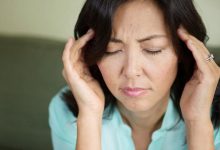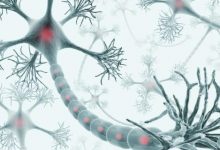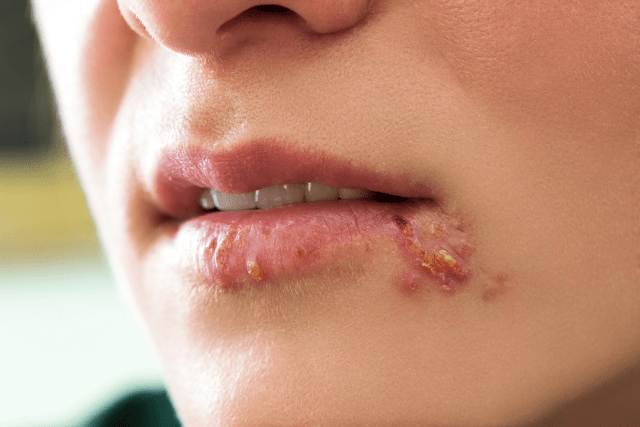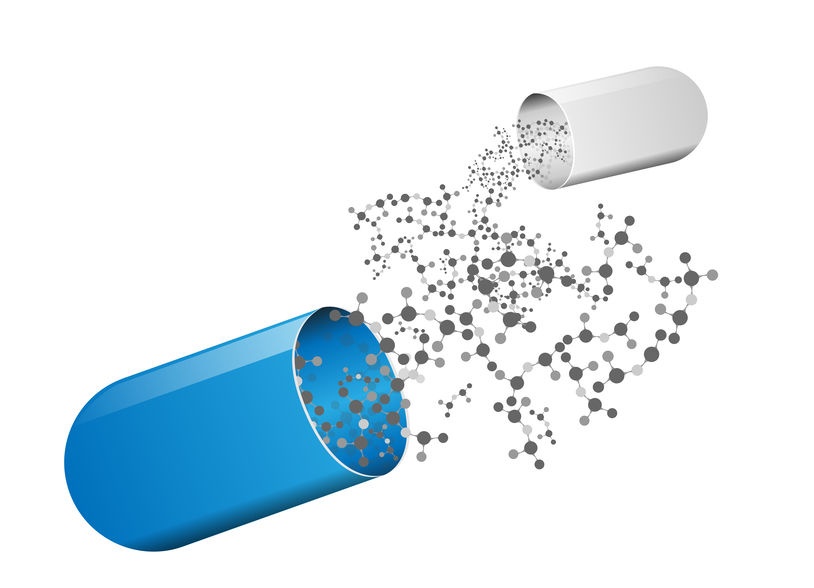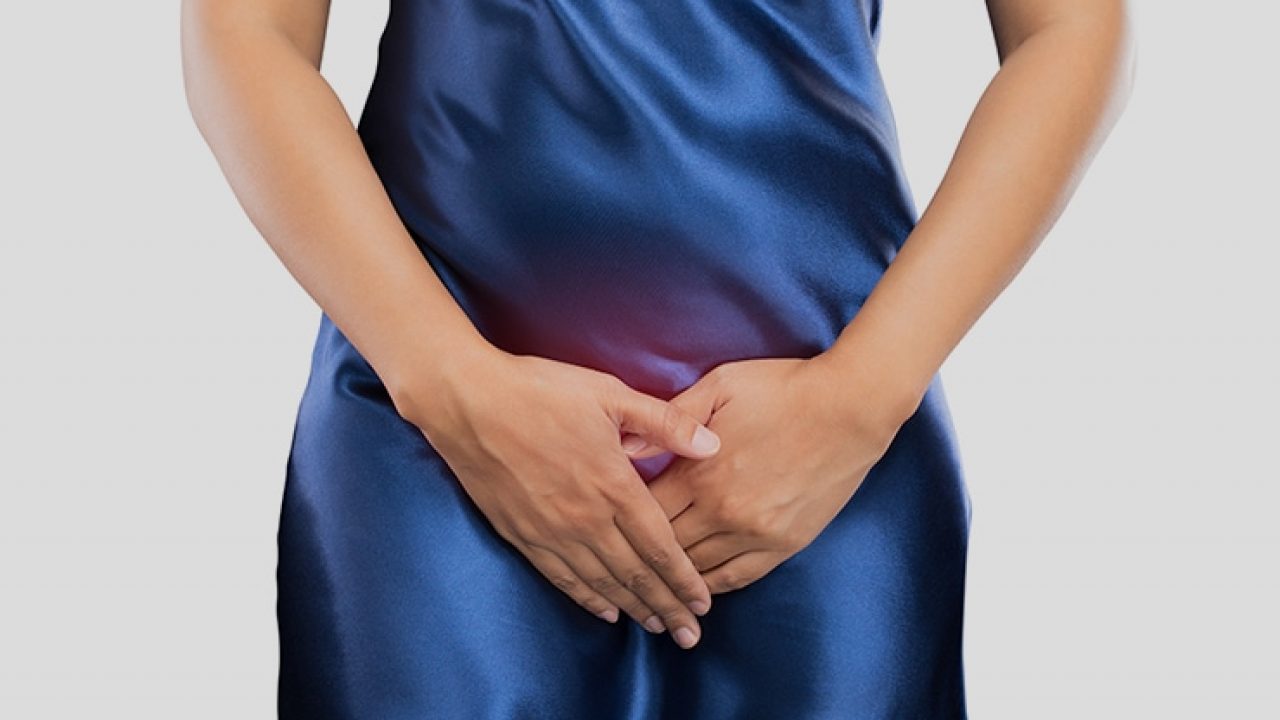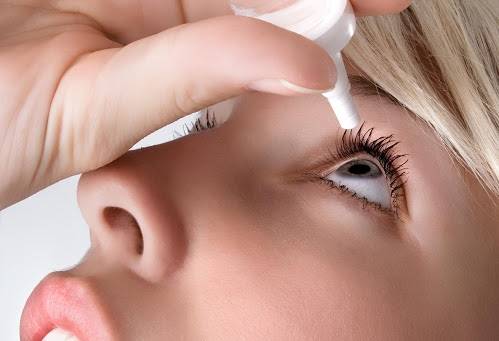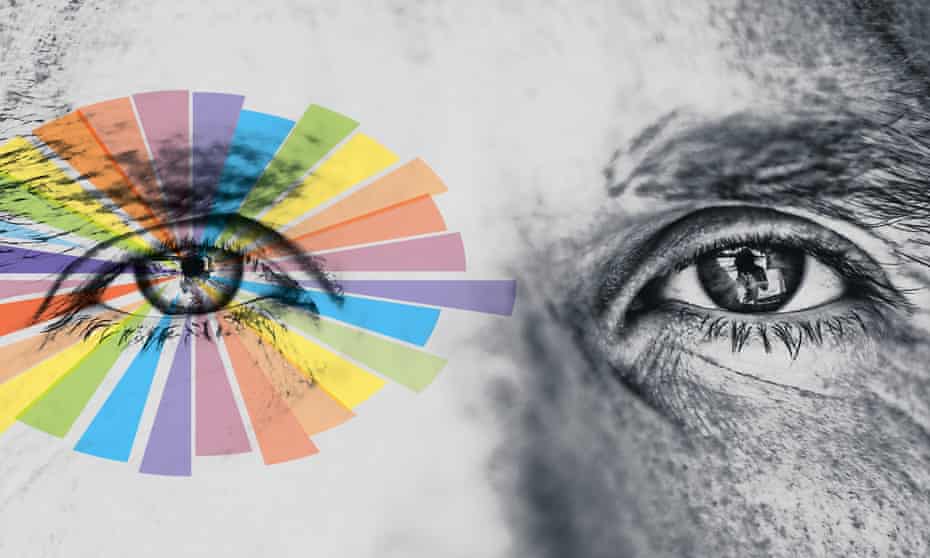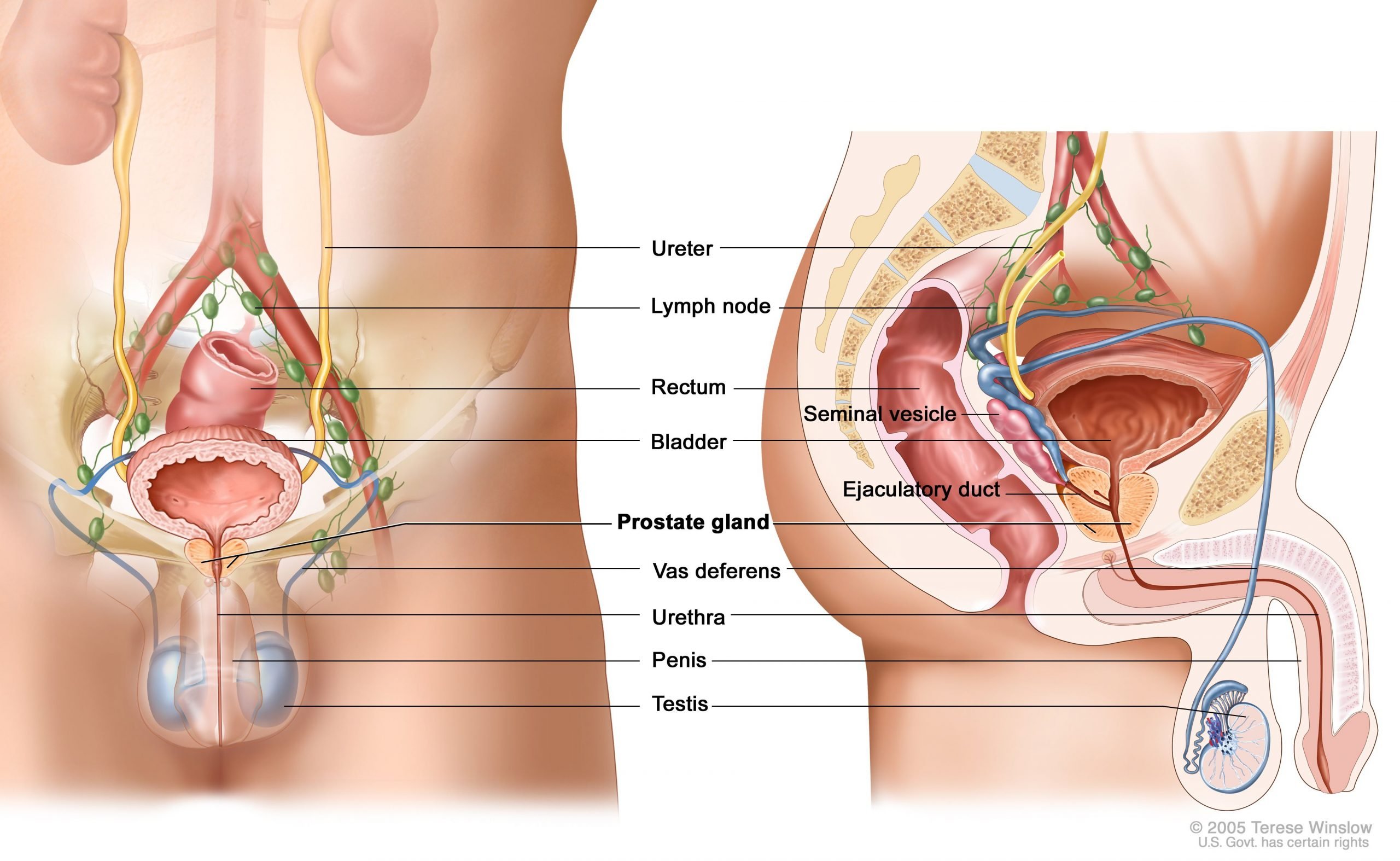Ritalin – Everything about this nerve stimulus
Methylphenidate, also known as Ritalin, is a central nervous system stimulant that is available as tablets and capsules in pharmacies. It is used to increase attention, concentration, and control behavior. Additionally, it can be used to improve listening skills and task organization skills. We will learn more about this stimulant drug, its side effects, and interactions in this article.
What is Ritalin?
Ritalin is a stimulant for the central nervous system. Methylphenidate inhibits hyperactivity and arousal in the brain by acting on chemicals (dopamine). Pleasurable emotions are created by dopamine, and Ritalin increases dopamine production. Ritalin is therefore used along with counseling in treating diseases such as:
- Attention Deficit Hyperactivity Disorder (ADD);
- Attention Deficit Hyperactivity Disorder (ADHD);
- Narcolepsy (sleep attack).
Before taking Ritalin, remember the following:
Ritalin should not be used if you are allergic to methylphenidate.
Abusing Ritalin can lead to addiction, overdose, and death.
Consult your doctor before changing the shape or brand of the medicine.
It may cause or exacerbate psychosis (abnormal thinking or behavior), especially if you have a history of depression, mental illness, or bipolar disorder.
This medicine may cause circulatory problems, resulting in numbness, pain, or discoloration of the fingers and toes.
There is an addiction potential to Ritalin. Tell your doctor if you have a history of drug or alcohol abuse and keep the drug out of the reach of others.
Stroke, heart attacks, and sudden death can be caused by stimuli, such as high blood pressure, heart disease, or heart failure, or a family history of uncontrollable muscle movements.
A serious problem called serotonin syndrome can result from the interaction of some substances with methylphenidate. Tell your doctor if you take these substances:
- drugs;
- Medicinal Plants;
- Medication to treat depression and mental illness;
- Parkinson’s disease medications;
- Migraine headache inhibitors;
- Medicine for serious infections;
- Medications to prevent nausea and vomiting.
These diseases include:
Suicidal thoughts or behavior, mental illness, bipolar disorder, psychosis;
Problems with circulation in the arms and legs;
Alcohol or drug addiction.
Make sure your Ritalin is safe if you have any of the following:
Esophageal, gastric or intestinal problems;
Motor tics (muscle contractions) or Turner syndrome.
Seizures, epilepsy, abnormal brain waves or EEG.
Take Ritalin as directed:
Take the medicine exactly as directed by your doctor. Follow the instructions on the medicine package and read the package leaflet. Depending on the brand, strength or shape of the medicine, your doctor may change the dose. Therefore, to reduce medication errors, only take medications prescribed by your doctor.
Treatment may include counseling and other treatments. You may also have to stop taking Ritalin for a while each time you experience ADHD, especially if you are taking the drug for a long time or at high doses. Your blood pressure and heart function should also be checked periodically.
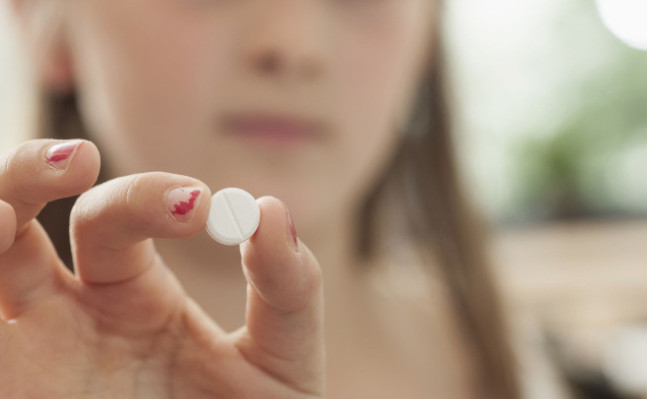
How much Ritalin to take:
Depending on the disease and the response to the treatment, the dose of the drug is determined. In some cases, your doctor may ask you to gradually increase or decrease the dose of the medicine. In addition, do not suddenly stop taking this medicine without consulting your doctor if you have been taking it for a long time.
Medium dose: 20 to 30 mg orally every two to three meals, ideally 30 to 45 minutes before eating.
Maximum amount: 60 mg per day.
Eight-hour oral tablets of 20 mg with a maximum dose of 60 mg per day.
The usual dose of Ritalin for children with ADHD
The initial dose is 5 mg twice daily (before breakfast and lunch), and the dose is gradually increased to 10 mg per week. Depending on the patient’s needs, the maximum dose is 60 mg per day.
8-hour oral tablets in the form of 20 mg tablets with a maximum dose of 60 mg per day.
Ritalin tablets are not recommended for children younger than 6 years old.
Take the missed dose as soon as you remember. However, if the next dose is near, wait and avoid taking twice as much medicine. Don’t take medicine before going to bed either.
Symptoms of substance abuse include:
nausea;
Dry mouth;
Vomit;
Diarrhea;
Anxiety;
Restlessness;
Muscle contraction;
Fast breathing;
Confused;
Delusion;
Pupil dilation;
Muscle pain or weakness;
Fever;
sweat;
Headache;
Feeling of trauma in the neck and ears;
Rapid or rapid heartbeat;
Feeling light-headed;
Fainting;
Convulsions;
Don’t drink alcohol or engage in dangerous activities after taking Ritalin.
Side effects of Ritalin:
With knowledge of side effects and according to your needs, your doctor will prescribe the medicine. Most people do not experience serious side effects. The most common side effects are:
sweating and high blood pressure.
Mood swings, anxiety, nervousness or irritability, sleep difficulties;
An increased heart rate, palpitations or tremors in the chest;
Weight loss and reduced appetite;
Nausea, vomiting, stomach pain, indigestion;
headache and dizziness.
Consult a doctor immediately if you experience these symptoms:
Chest pain, lightheadedness, or shortness of breath are all signs of heart problems.
Symptoms of psychosis include paranoia, aggression, new behavioral problems, and hearing or seeing things that are not real.
Numbness, pain, colds, sores, or discoloration of the fingers and toes can be symptoms of circulatory problems.
An erection that lasts more than 4 hours and is painful.
Symptoms of serotonin syndrome should be seen by a doctor immediately. These symptoms include:
Restlessness;
Delusion;
Fever;
sweat;
Fast heart rate;
Muscle stiffness;
Sudden contraction;
nausea;
Vomit;
Diarrhea
Ritalin drug interaction:
can alter the performance of a drug and cause side effects. Consult your doctor about other medications you are taking, such as antidepressants and blood pressure medications. Herbal products, vitamins, and over-the-counter medications can also interact with this medication.
For the past 14 days, you should not use Ritalin if you have used a monoamine oxidase (MAO) inhibitor such as isocarboxazid, linezolid, methylene blue injection, phenelzine, rasagiline, selegiline, or tranylcypromine.
Dexamethylphenidate and methylphenidate are very similar. Medications containing dexomethylphenidate should not be taken with methylphenidate.
Taking Ritalin can interfere with certain medical tests, such as a brain scan for Parkinson’s disease, and result in a false positive result. Let your doctor know before taking the test.
Ritalin use during pregnancy can lead to premature birth or low birth weight. Tell your doctor if you are pregnant or planning to become pregnant.
Ask your doctor about taking medication while breastfeeding. You should tell your doctor if you experience symptoms such as restlessness, sleep problems, eating problems, or weight loss during this time.
Children under 6 years of age are not recommended to take this medicine.
Ritalin withdrawal usually has no effect on people taking the therapeutic dose prescribed by their doctor. However, some people take higher doses and even over-the-counter medications to increase alertness and alertness, which can lead to side effects after quitting.
Signs and side effects of quitting Ritalin
A possible side effect of quitting Ritalin is depression, since Ritalin affects the production of dopamine in the brain. Taking high doses of Ritalin increases dopamine production, and sudden brain deprivation can cause depression.
Sleep disturbance and fatigue are also symptoms of quitting Ritalin. People with ADHD who abruptly stop taking Ritalin may experience a return of symptoms. In addition to the duration and amount of medication, Ritalin can also be used to create and sustain withdrawal symptoms.
Ritalin withdrawal symptoms include:
Restlessness, suicidal thoughts and mood swings;
nausea;
Stomach pain or cramps;
Vomit.
The first step in stopping Ritalin abuse is to treat Ritalin withdrawal or Ritalin detoxification. As withdrawal symptoms are usually not fatal, there is no need for constant monitoring during the detoxification process. However, if the patient is severely depressed or has suicidal thoughts, they may need to be monitored during the withdrawal process. Those with severe depression and those who have difficulty detoxifying may benefit from hospitalization.
Ritalin abuse can be prevented using long-term methods after the detoxification period. People with withdrawal symptoms may also benefit from alternative therapies and individual and group counseling.

